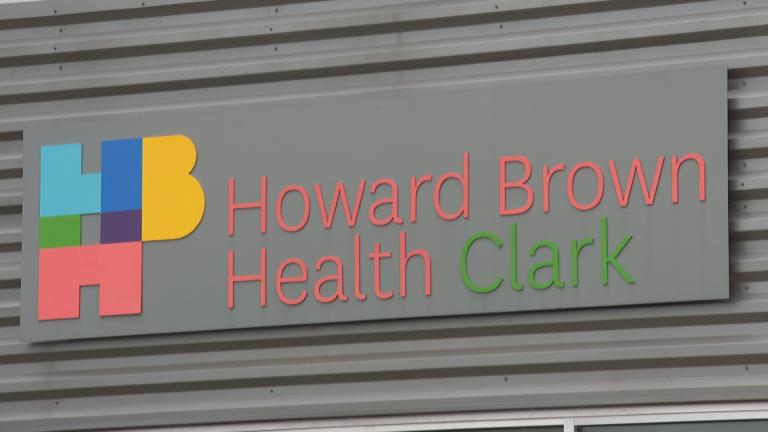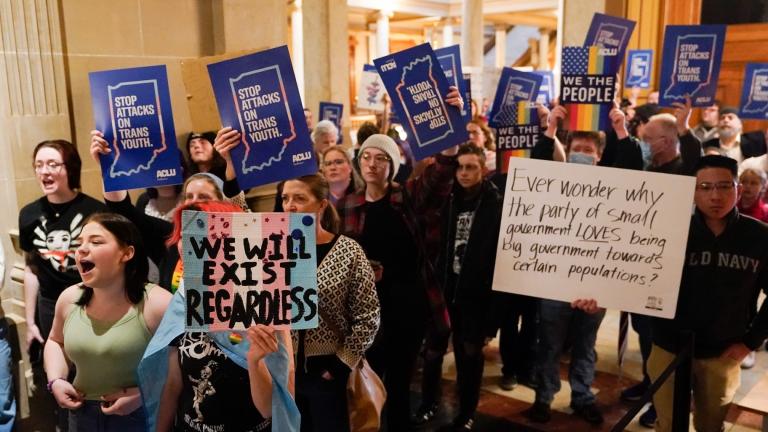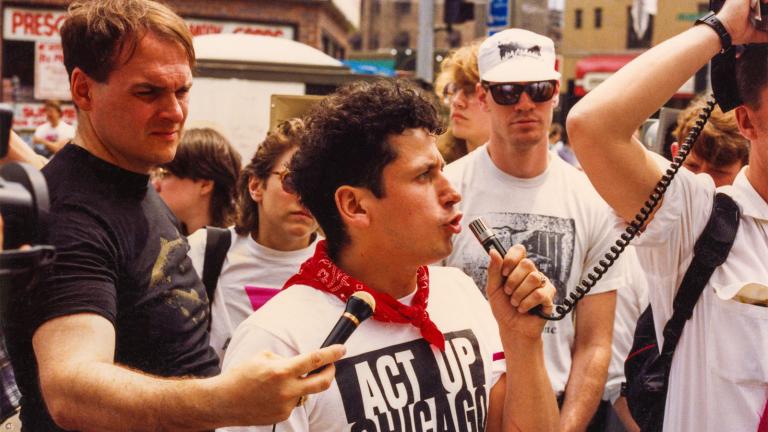Patients coming to Illinois seeking gender-affirming health care are getting more protections from potential legal action coming from across state lines.
These new state protections are part of a bill that Illinois Gov. J.B. Pritzker signed into law Friday. The law comes as several states attempt to restrict gender-affirming health care for transgender people.
Gender-affirming health care can encompass medical procedures that help trans people feel more affirmed in their gender, but it’s not just about surgeries and hormones, said Jae Rice, interim CEO of Brave Space Alliance.
“Sometimes we’re talking about social transitioning, as well,” Rice said. “So whether that is calling folks by their preferred names, using their preferred pronouns and acknowledging and perpetuating them to have the freedom to dress and have an outward expression of however they want, that is also considered gender-affirming care, too.”
Brave Space Alliance is the first Black and trans-led LGBTQ+ center located on Chicago’s South Side. The organization offers free gender-affirming resources like a barbershop and makeup room for BIPOC (Black, Indigenous, People of Color) trans and queer people.
Rice said that the move in some states to outlaw and even criminalize gender-affirming health care has a grave impact on transgender and gender-nonconforming people.
About half of transgender and nonbinary youth in Illinois seriously considered suicide in the past year, according to a recent survey conducted by The Trevor Project, a national suicide prevention organization for LGBTQ+ youth.
“Being able to receive care that’s going to help you feel seen and whole and affirmed will hopefully mitigate any thoughts of suicide that can creep up when you are experiencing gender dysphoria,” Rice said.







